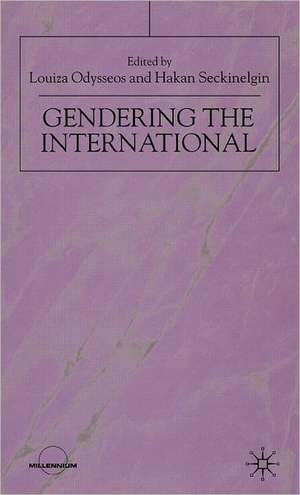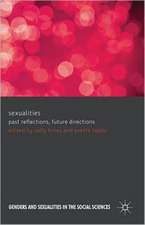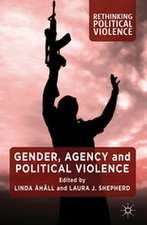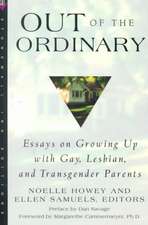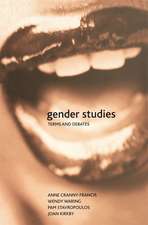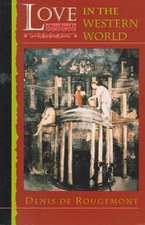Gendering the International
Editat de Hakan Seckinelgin, Kenneth A. Loparoen Limba Engleză Hardback – 6 sep 2002
Preț: 391.40 lei
Nou
74.90€ • 77.76$ • 62.46£
Carte tipărită la comandă
Livrare economică 22 martie-05 aprilie
Specificații
ISBN-10: 0333987136
Pagini: 248
Ilustrații: VII, 238 p.
Dimensiuni: 138 x 216 x 22 mm
Greutate: 0.49 kg
Ediția:2002
Editura: Palgrave Macmillan UK
Colecția Palgrave Macmillan
Locul publicării:London, United Kingdom
Cuprins
Notes on the Contributors Introduction: Gendering the International, Globalizing Gender; L.Odysseos & H.Seckinelgin Gender and International Studies; G.C.Spivak The Crisis of Reason, the Rationalist Market, and Global Ecology; V.Plumwood Sexual Politics and International Relations; D.Altman Men and IR/Men in IR; T.Carver Prostituted Filipinas and the Crisis of Philippine Culture; N.Z.M.Tadiar Gender, Democracy and Representation: Asian Revolutionary Images; W.A.Callahan Gender Conflict and Peace in Israel/Palestine and the North of Ireland; S.Sharoni Gender and International Relations Revisited; J.Squires Index
Notă biografică
DENNIS ALTMAN Professor of Politics, School of Social Sciences, Latrobe University, Melbourne, AustraliaWILLIAM A. CALLAHAN Senior Lecturer, Department of Politics, and Deputy Director, Centre of Contemporary Chinese Studies, University of DurhamTERRELL CARVER Professor of Political Theory, Department of Politics, University of BristolVAL PLUMWOOD ARC Fellow, RIHSS, University of Sydney, NSW, AustraliaSIMONA SHARONI Assistant Professor, Evergreen College, Washington State, USAGAYATRI CHAKRAVORTY SPIVAK Avalon Foundation Professor, Department of Humanities, Columbia UniversityJUDITH SQUIRES Senior Lecturer in Political Theory, University of BristolNEFERTI XINA M. TADIAR Assistant Professor, History of Consciousness
Descriere
In Gendering the International, the contributors explore the different ways of analyzing gender in international studies beyond the state-centric perspective of International Relations (IR). They demonstrate that it is possible to think about 'the international' beyond the traditional framework of IR. They contend IR is a set of gendered practices, by critically examining ways in which gender discourses are deployed in the analyses of 'the international'. Furthermore, they reflect on the interactions between gender and globalizing forces in a post-colonial environment.
